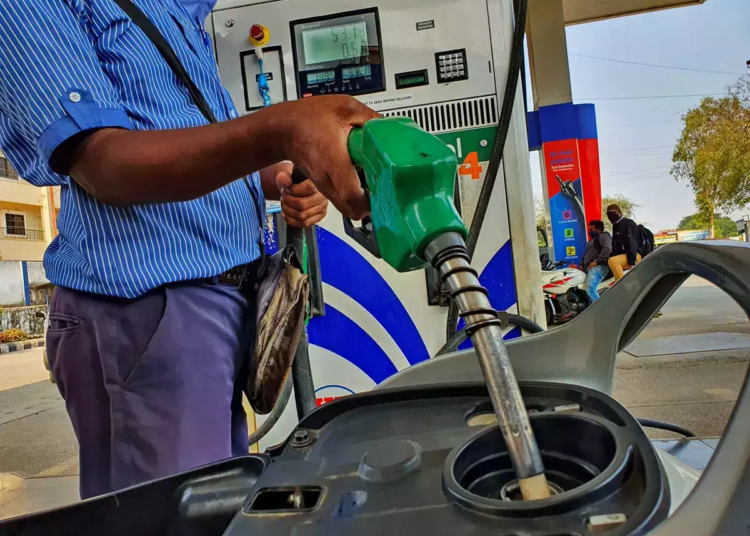The Zimbabwean government has implemented a ban on the sale of unleaded petrol, effective September 6, 2024, as part of a broader effort to enforce ethanol blending and support the country’s biofuels policy.
Announced through Statutory Instrument 150/2024, the decision aims to strengthen the monopoly of the National Oil Infrastructure Company (NOIC) in the fuel industry.
The NOIC has been facing challenges in securing foreign currency, which prompted the government to introduce stricter regulations to maintain control over the fuel supply.
Zimbabwe Energy Regulatory Authority (ZERA) Chief Executive Officer Eddington Mazambani explained that the move addresses the declining uptake of ethanol blending, a situation exacerbated by loopholes in the previous regulations.
“Since 90 percent of our fuel is supplied through the pipeline, blending ethanol with unleaded petrol could result in significant forex savings and contribute to greening our economy. Ethanol production also plays a role in carbon capture within the country,” Mazambani said.
He further highlighted that private players had exploited these loopholes to import unleaded petrol by road, bypassing the pipeline and undermining the ethanol initiative.
The new regulations, outlined in the Petroleum (Mandatory Blending of Anhydrous Ethanol with Unleaded Petrol) (Amendment) Regulations, 2024 (No. 6), mandate the blending of imported unleaded petrol with ethanol and will be enforced seven days after publication.
The government argues that this policy will reduce the country’s reliance on imported fuel and foreign currency while promoting environmental sustainability through the use of ethanol, which is seen as a greener alternative to fossil fuels.






























































